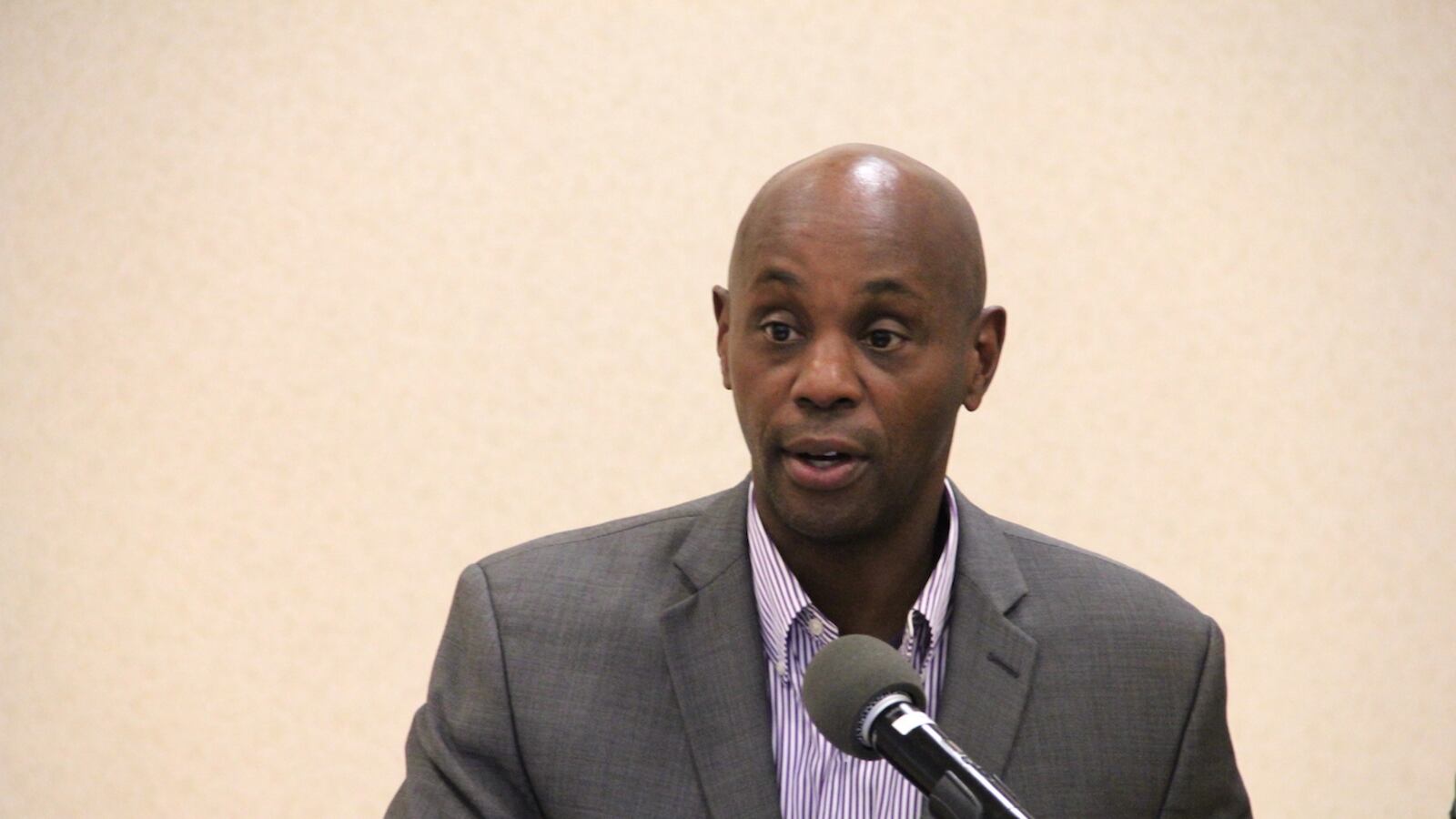Just a week after examining $50 million in proposed cuts for next school year, the Board of Education for Shelby County Schools has begun to shift its focus from cutting back on two prized programs to closing nine schools that are either low-performing or under-enrolled.
The move comes after getting pushback, as expected, on proposed cuts to the CLUE program for gifted students and the Innovation Zone for school turnarounds — two heralded initiatives with built-in constituencies. It also aligns with the priorities of Shelby County commissioners, who repeatedly have urged the district to address its under-enrolled schools. According to one study, the district’s schools have 27,000 more seats than students.
Superintendent Dorsey Hopson said the school system would save between $6 million and $8 million if it closes six district-authorized charter schools, three traditional schools and an adult education center. The school board already has approved the closure of two charter schools next year.
Hopson characterized the closures as “low-hanging fruit.” The district can “continue funding those schools or close them,” he said. “There’s a strong argument that’s not a good use of money.”
Schools under consideration are:
- Carver High School
- Northside High School
- Dunbar Elementary School
- Omni Prep Academy – North Point Lower School (charter)
- Southern Avenue Middle (charter)
- Omni Prep Academy – North Pointe Middle School (charter)
- KIPP Memphis Collegiate Middle (charter)
- Memphis Academy of Science Engineering Middle/High (charter)
- KIPP Memphis Collegiate High School (charter)
The administration also suggests removing the last of adult education funding from Messick Adult Center, where the state canceled its contract with Shelby County Schools in February. “We would essentially just get out of the GED business,” Hopson said.
The six charters are in the state’s bottom 5 percent of schools based on student achievement, but are not the worst-performing charters in the district, according to a recent list of schools that could make the state’s priority list next year, making them eligible for state intervention. The list is based on student achievement and success rates from year to year.
The lowest performing district-authorized charters, listed in order and with proposed closures highlighted, are:
- DuBois Elementary School of Arts Technology
- Omni Prep Academy – North Point Lower School
- DuBois Middle School of Arts Technology
- DuBois High School Arts Technology
- City University Boys Preparatory
- DuBois Middle of Leadership Public Policy
- Southern Avenue Middle
- Omni Prep Academy – North Pointe Middle School
- City University School Girls Preparatory
- KIPP Memphis Collegiate Middle
- Memphis Academy of Science Engineering Middle/High
- KIPP Memphis Collegiate High School
- City University School of Liberal Arts
The district is authorized to revoke a charter based on school performance, and board members widely agreed that closing them makes more sense than cutting programs that are working.
Hopson said the potential school closures were not being presented as a formal recommendation at this point, but that “we felt we at least had to raise these issues.” He said conversation about closing low-performing charters would happen regardless of budget challenges.
The traditional schools under consideration are both low-performing and under-enrolled.
Carver High has about 200 students in a 1,200-student capacity facility. Northside High can hold between 1,500 and 1,600 students, but has only about 220. Dunbar Elementary has about 300 students. (Information about its capacity was not immediately available.)
“We shouldn’t close charters unless we are willing to do that for district-run schools,” said board member Chris Caldwell.
Hopson wants the school board to ask for more local funding from the Shelby County Commission, the local funding agent, to help cover a projected $86 million gap next year. In past years, commissioners have pressed district leaders on their spending priorities, particularly related to facilities. Addressing under-enrolled and low-performing schools in the upcoming budget likely would the improve the district’s case.
“I’m not afraid to go to the county commission to ask for money,” Caldwell said. “If they don’t give it to us, we’re not going to get it anywhere else.”
The state has almost nailed down its budget for K-12 education and is poised to adjourn next week. It will include $220 million more for schools statewide, but the impact on Shelby County Schools is unclear.

